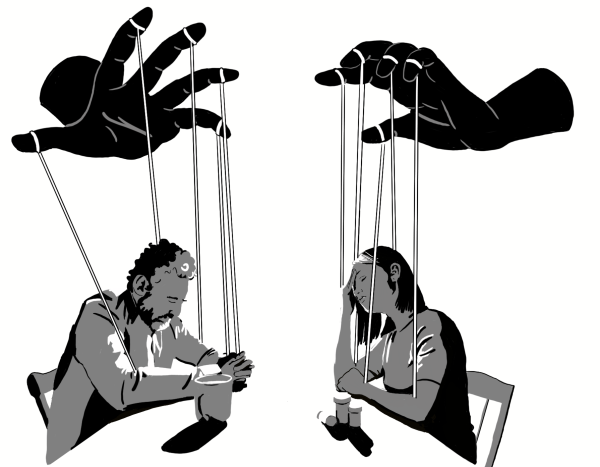
If you love starting your day with a scrumptious bowl of Cheerios or religiously binge on Oreos and Doritos, you might want to start reconsidering your choices — because those dainty sources of pleasure that satisfy our sweet tooth might be plates of toxicity that significantly poison our bodies.
In 2019, the world witnessed one of the biggest mergers with Bayer’s acquisition of Monsanto. Bayer AG is a German multinational corporation and one of the biggest pharmaceutical companies and biomedical companies in the world. Before acquiring Monsanto, Bayer merged with another German pharmaceutical and chemical company IG Farben, notorious for its contribution to the Nazi war effort and the systematic killing of Jews during the Holocaust. This group used slave labor while Bayer conducted brutal human experimentation in concentration camps. Monsanto, dubbed as “Monsatan,” was a controversial agrochemical company known for its aggressive promotion of genetically modified organisms (GMOs), their herbicide “Roundup” (containing glyphosate), and concerns about the potential health and environmental impacts of their products.
In a study by the International Agency for Research on Cancer (IARC) in 2015, they noted that glyphosate contains carcinogenic properties and exposure to it induces several neurotoxic effects. Glyphosate is a non-selective herbicide and is an active ingredient in weed-killer products like Roundup.
Despite these findings, Monsanto claimed that “Glyphosate has a 40-year history of safe and effective use.” However, the widespread protests and numerous lawsuits filed against Monsanto — many of which resulted in guilty pleas — underline the harmful impacts of its products on our health and the environment, exposing the lies and deceit the company has used to sustain its harmful industry.
After conducting multiple tests on other widely consumed commodities, the Environmental Working Group (EWG) has discovered dangerous levels of glyphosate in everyday American foods.
Adding fuel to the flame, many of these are products made by brands we believe to be “healthy.”
The list of foods and products found to contain glyphosate include: chips by Lay’s, Doritos and Stacy’s; whole oats by Quaker, Bob’s Red Mill, Nature’s Path, Whole Foods, Ben and Jerry’s, and Cheerios; and non-organic cotton products like tampons and clothing.
There is no moral justification for incorporating harmful chemicals into our everyday food. Yet, in addition to their harmful chemical contents, these products are significantly low in nutrients, high in saturated fat and calories, and are more readily available than organic foods, which are often unaffordable. The combination of inexpensiveness and unhealthiness of these commodities has significantly contributed to the obesity epidemic we are experiencing today.
The obesity epidemic is an economic issue and not a simple “you problem” that irresponsible eaters bring upon themselves. It’s a nuanced issue that reflects a societal crisis within our food industry. Since access to healthy foods has become a privilege, people in lower socioeconomic classes are forced to consume unhealthy food.
These industries have created a system where we feel compelled to consume unhealthy, chemically induced and often misleadingly advertised products because of their affordability and accessibility. As a result, we have created a culture of poor nutrition that leads to reliance on expensive healthcare and pharmaceuticals that profit from our health problems.
While we consume harmful products linked to numerous diseases from Monsanto, Bayer presents us with cures for diseases it has played a significant role in causing. The underhanded practices of farm and pharmacy industries like these demonstrate their exploitative strategies in taking advantage of people’s health-literacy and financial situations. It is utterly reprehensible.
The fact that non-organic foods are significantly cheaper than organic foods implies that healthy diets are solely for the wealthy. I want to be able to indulge in my cravings without risking a flood of diseases simply because I couldn’t afford any better. I want to fill my stomach with nutrient-rich foods unsaturated with pesticides and sweet bonbons that are not genetically modified.
The false advertising slogans that these farm and pharmacy industries sloppily stick to their products are nothing but mere illusions of choices they deceive us into believing we have. It is our right to demand better than these industries’ manipulated tactics to exploit our situations. As we go about our daily lives, making plans for what we should eat — whether for breakfast, lunch, dinner or snacks — we shouldn’t be presented with a binary choice between breaking the bank or damaging our health.







